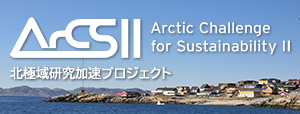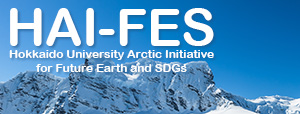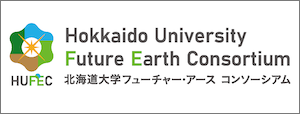

| Date & Time | Tuesday, January 17, 2023, 15:00-16:30 |
| Method | Online | Participant | 15 people |
| Lecturer1: Biru WANG (Graduate School of Environmental Science) Presentation Title: Development of aerosol origin model and its applications to the analyses of transboundary air pollution events Abstract: Aerosol is one of the most uncertain factors in earth’s climate, which plays an important role in climate change, air quality, and human health. In order to investigate the long-range transport of aerosols originating from different regions, a method called Colored Moisture Analysis was modified to estimate the proportion of aerosol contribution from each region in aerosol pollution events. The Colored Moisture Analysis for aerosols uses the aerosol module from NASA’s MERRA-2 reanalysis data to construct equilibrium equations and boundary conditions for the model. Two aerosol pollution events were simulated using the aerosol Colored Moisture Analysis model: (1) Kosa event detected in Toyama, Japan in the spring of 2010. The simulation results of this event show that the column mass density of dust from northern mainland China has increased substantially since mid-February, contributing an average of more than 45% to the local contribution during the entire spring period. (2) A forest fire in eastern Eurasia in July 2014 resulted in a severe air pollution event in Sapporo, Hokkaido. The simulation results showed that the organic carbon changed dramatically during the fire, mainly from the fire area and northern mainland China. |
|
| Lecturer2: Jorge GARCIA MOLINOS (ARC) Presentation Title: A supermarket at your backdoor: A visit to the Karen communities of the Thungyai Naresuan Wildlife Sanctuary, Thailand. Abstract: RISE is an international joint research project that aims at understanding the role of traditional food systems in supporting the household economies and nutritional wellbeing of Indigenous communities and the challenges posed on them by future climate change. Comprising a multidisciplinary team of researchers from Japan, Thailand and Russia, we are researching these questions in two different case studies conducted in Thailand and Russia. This seminar will give a brief overview of the project with a focus on our recent visit to the two Karen communities in the Thungyai Naresuan Wildlife Sanctuary (Thailand) we are collaborating with. |
|








